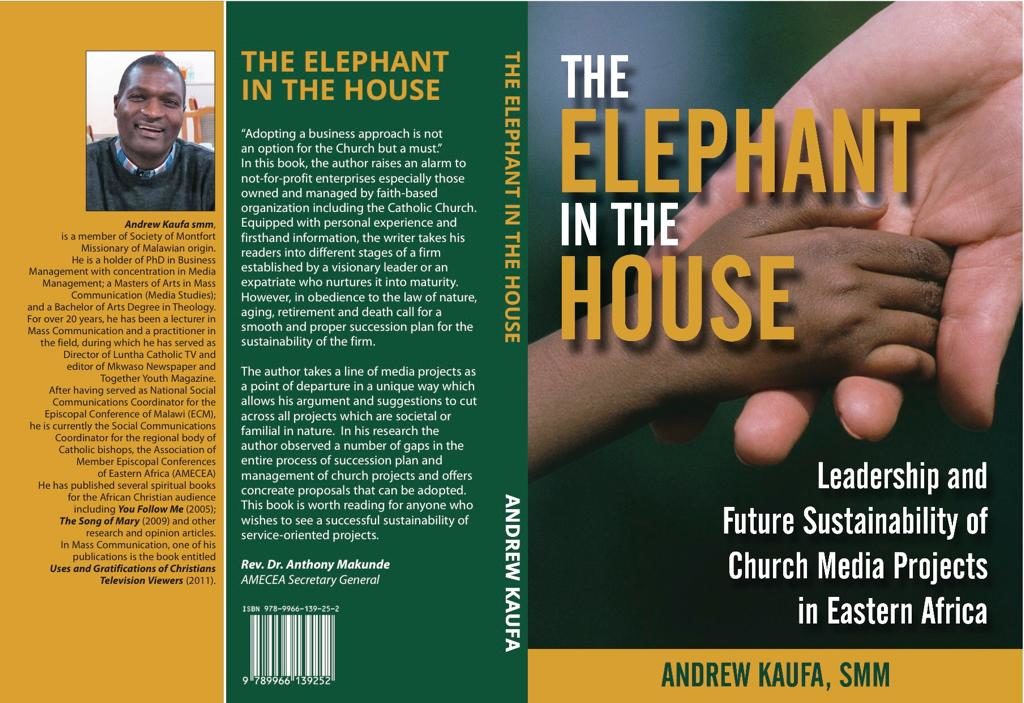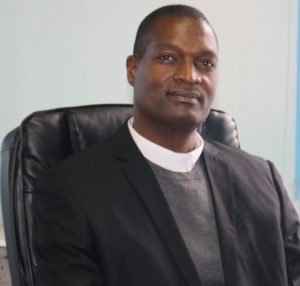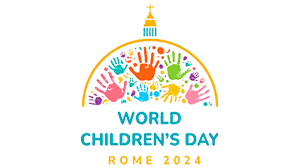AMECEA: Sustainability of Church Media Projects: A New Book Analyses Importance of Adopting Entrepreneurial Approach

Sr. Jecinter Antoinette Okoth, FSSA
A book expounding on the importance of adopting some entrepreneurial approaches by Church media projects in Eastern Africa to guarantee them future sustainability has been published this June.
“The Church needs to style up the way she manages her projects by integrating into the faith approach some scientific approaches that make similar projects sustainable in the secular world,” the author of the new published book Fr. Andrew Kaufa told AMECEA online in an interview Wednesday, June 24.
“This includes strengthening the role of the board of directors in making strategic business decisions but also emphasizing work ethics and performance in human resource management,” Fr. Kaufa, a member of Society of Montfort Missionaries (SMM) narrated some of the ways in which Church media institutions in Eastern Africa can adopt better ways to make her media projects sustainable to a foreseeable future.
He added, “Firstly, it is the whole question of relevance of the projects in the local society. Faith based projects must not aim at raising money for the sake of making money but to answer a pastoral and social need. Historically, this plus innovativeness are the origins of entrepreneurship which characterized the world after the World War II.”
The Malawian-born cleric whose motivation to research on the sustainability of Church projects was inspired when working as Director of Luntha TV in Malawi as many people’s concern was on the future of these projects “was justified by stories of so many Catholic projects which expatriate missionaries started in the country but became defunct.”
“In fact, this reminded me of my former professor in Mass Communication at Daystar University, Ms. Mary Kizito, who also warned me about the same. Her argument was that most radio and TV stations in the United States do not survive after the founder’s death. These observations gave me fear but also motivated me to find ways of rewriting the story,” Fr. Kaufa who is currently the Social Communications Coordinator at Association of Member Episcopal Conferences in Eastern Africa (AMECEA) revealed.
According to the author of the book, many Church media projects die or struggle to survive after the founders’ hand over the projects hence “we must acknowledge that the old way of doing things has not proved effective enough to make these projects sustainable,” and “we must also desist from the blame game which is often played when the local clergy and expatriates discuss this topic.”
Besides, “while appreciating those innovative founding missionaries for the work well done, looking to the future we must explore new ways of running these projects in view of making them sustainable, and make sure that we are truly responsive to current realities,” Fr. Kaufa explained the challenges affecting the development of Church projects in Eastern Africa.
Explaining the book titled The Elephant in the House: Future Sustainability of Catholic Media Projects in Eastern Africa, the Kenyan-based priest says, “This is an expression which I have often heard from Fr Joseph Healey, a Maryknoll Missionary, when he talks about the same challenge with regard to Catholic media projects in AMECEA region.” Future sustainability is the “challenge facing most Catholic projects including Catholic communication in the region.”

He appreciates the fact that AMECEA Bishops acknowledge that, in fact, this as a challenge “not only with regard to media projects but also sustainability of all pastoral ministries,” giving example that “in many dioceses in the region, expatriate missionaries started carpentry shops; garages and farms as entrepreneurial projects, most of which became defunct.”
The priest who intends to launch the book in collaboration with one of the learning Institutions within the AMECEA region hopes to do so once COVID-19 restrictions are lifted or the event may take place virtually.
Talking about succession planning as another way to sustain Church projects Fr. Kaufa says, “I find the model of Church as family of God pointing us to the business philosophy underlying familial entrepreneurship. The Chinese, Indians, Jews and Greeks are good at familial SMEs (Small and medium-sized enterprises) where we see the older generation smoothly handing over a project to the younger generation of family members.”
“This entails some skills and putting in place a systematic program of succession planning and management. And for me, this is another area where the Church terribly goofs,” Fr. Kaufa disclosed and probed, “How do we recruit new directors when one is retiring? Can we talk of dioceses or Religious Congregations having a succession planning that guides them? (and) Isn’t what we see a mere handover of a project from one director to the other?”
“It is my hope that the book provokes a discussion that will help us seek ways of sending the elephant away from the house,” Fr. Kaufa concluded.
The author of the ten-chapter book intends to market and distribute the book which is already available at the AMECEA secretariat, to all AMECEA countries as he works on the e-book format which will soon be available via Amazon.


